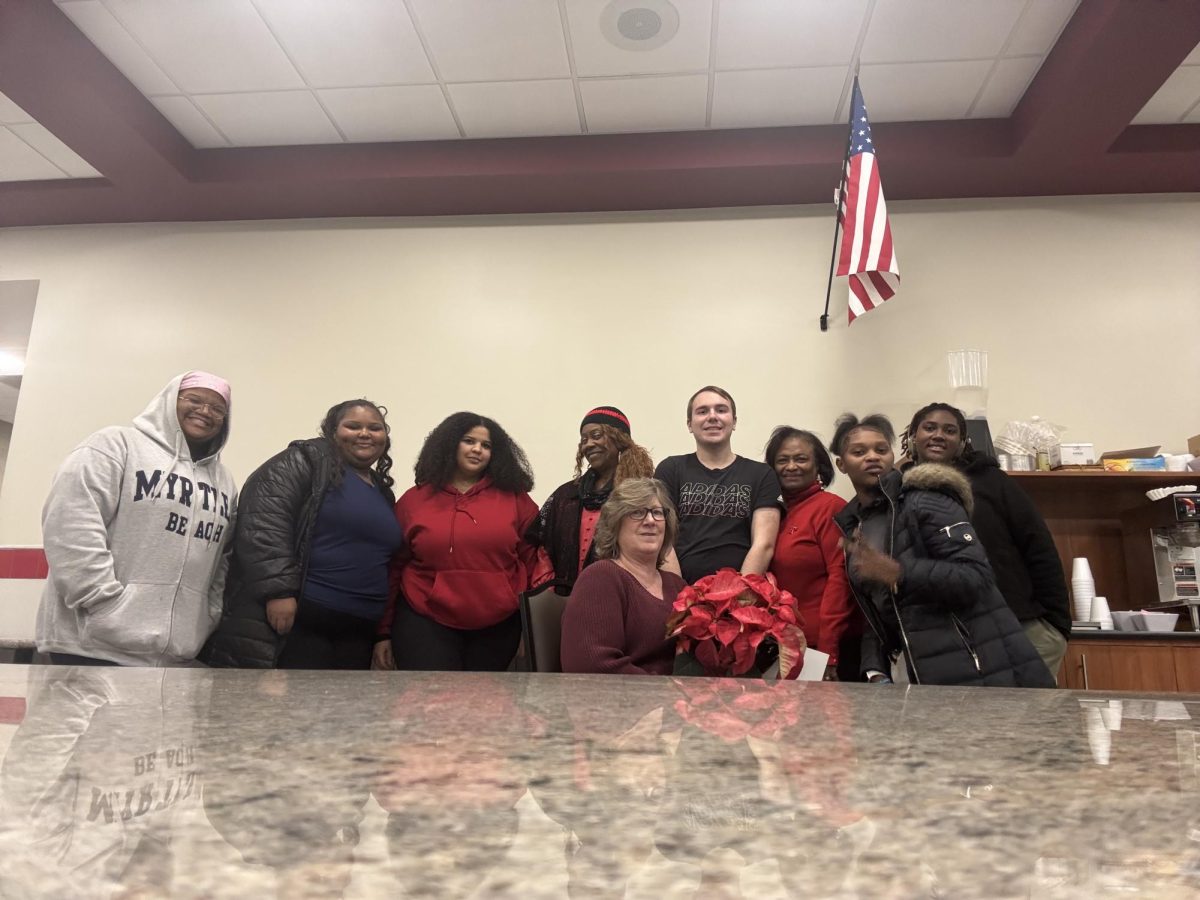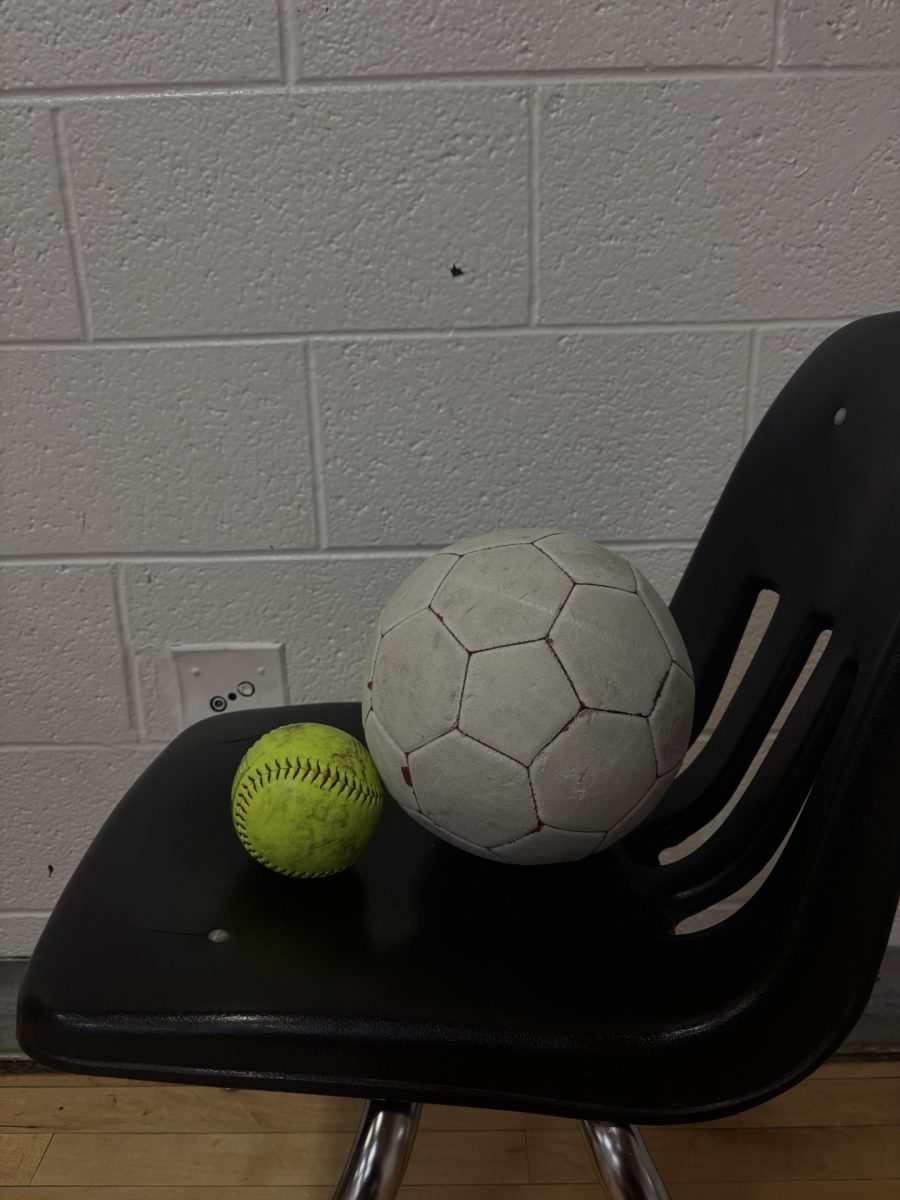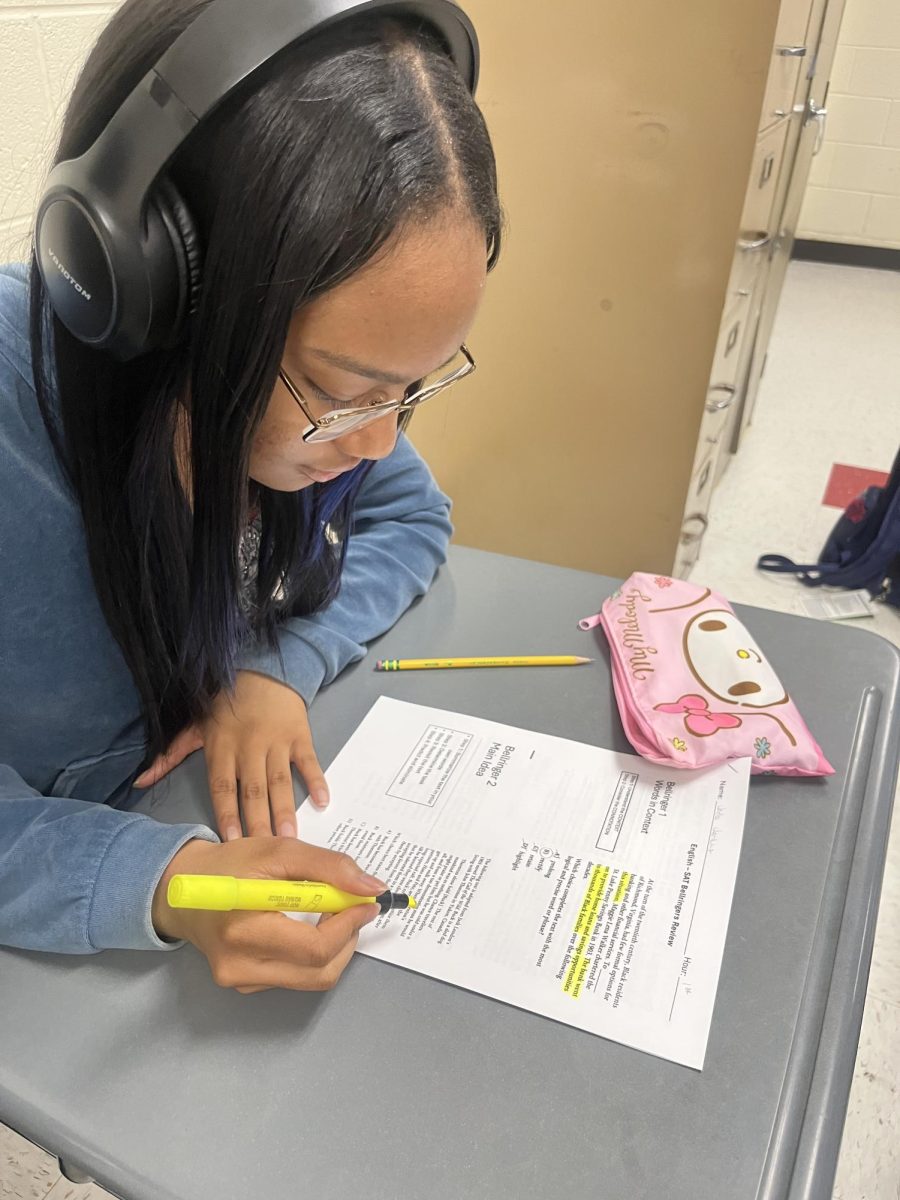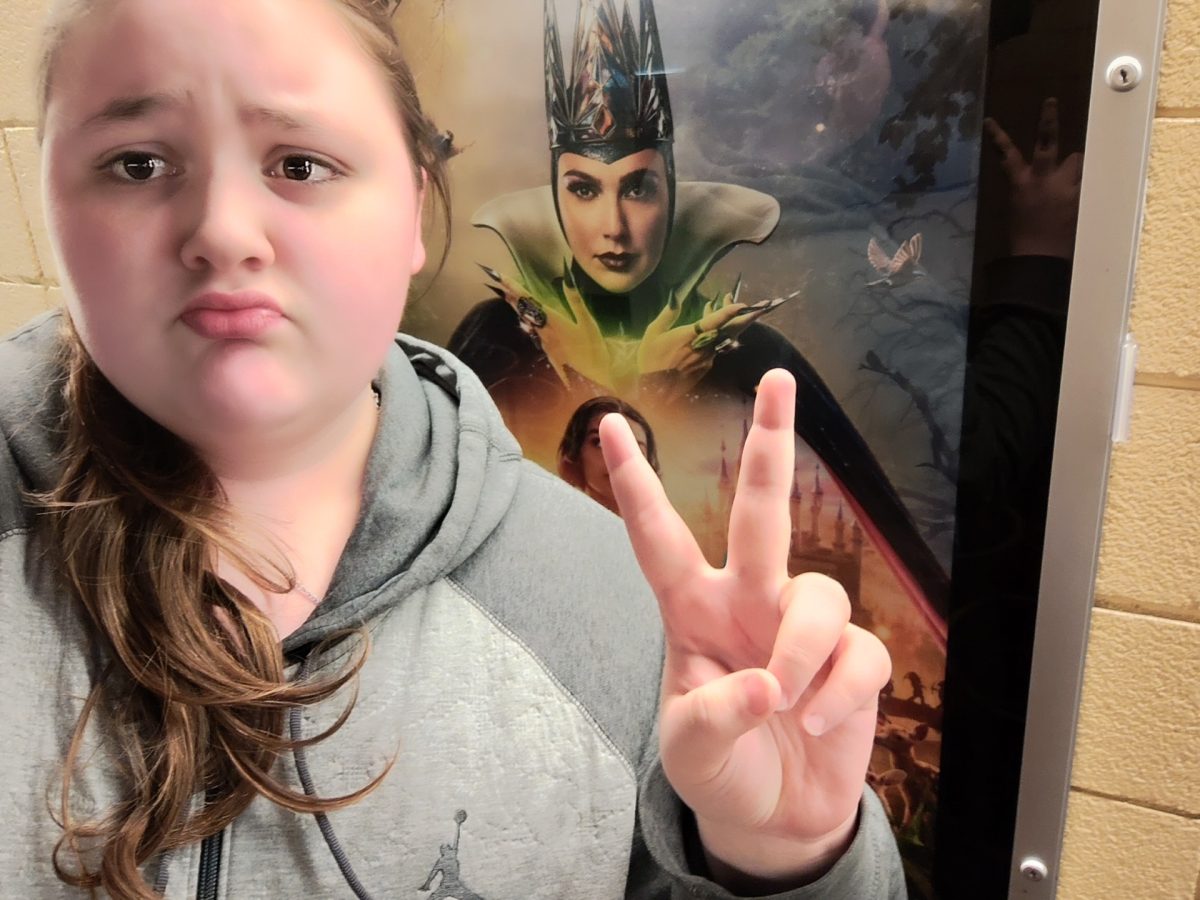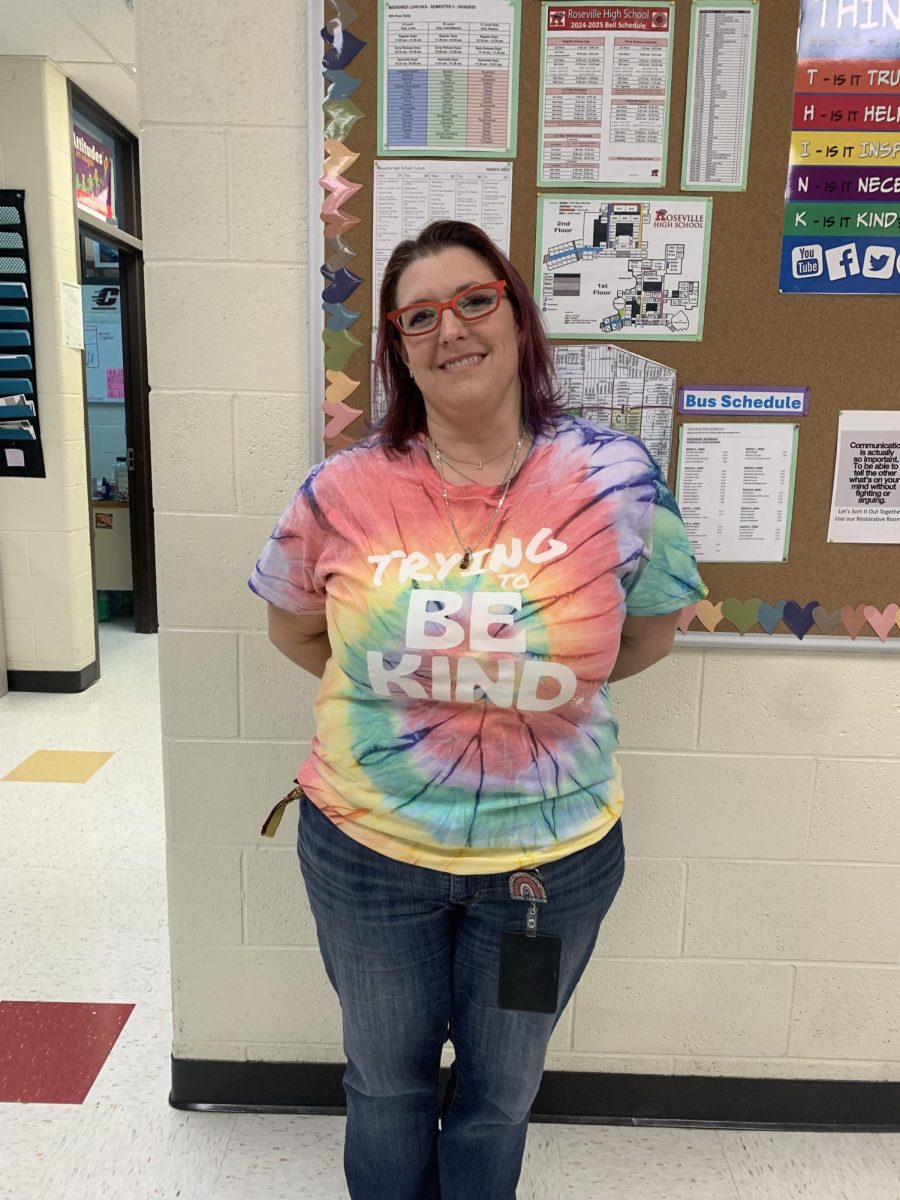Stomp the stigma of mental illness
December 19, 2014
In 2008, a nine year old boy was in a hotel room when he first allowed this little voice in his head to tell him what to do. Unfortunately, he didn’t know that simply while walking up the stairs, touching both feet on every step, would lead to an outbreak of a severe case of obsessive compulsive disorder (OCD). Day by day this little naïve boy would allow his head to tell him what to do, which happened to be a variety of OCD tendencies. Eventually the voice in this little boy’s head controlled him, and changed the way he lived his life. At his roughest point, it took 30 minutes to tend to his OCD habits before he could go to bed. He was so afraid of people finding out about his OCD, and the judgment that he would receive; he shut himself out from the entire world. It was a whole year before his family even noticed his OCD, he was that self conscious about it, and in the spring of 2009 he finally spoke to his mom about his OCD. It turns out a high level of anxiety led to his severe case of OCD. In the summer of 2011, the young boy was now in middle school, and after suffering bullying, he became depressed. He thought there was no reason to enjoy life. Somehow, he found a light, and today the nine year old boy has recovered from OCD, but is still working on his problems and the root cause of his OCD. To this day it still haunts him, and is his biggest fear, but he is here to tell you his story in hopes of raising mental illness awareness, because that nine year old boy is me.
“You are just doing that for attention,” is just one of the many stigmas about mental illnesses. Most times people overlook mental illness and assume people suffering any type of mental illness are just being dramatic, but I’m here to tell the dirty truth about mental illness, and help raise awareness. According to the NIMH, National Institute of Mental Health, 46.3 percent of teenagers suffer from a mental illness. As someone who has personally suffered from anxiety, depression, and obsessive compulsive disorder, mental illness IS real, in fact it is real as any other illness. It is not something that can just be faked, it can control a person’s life. RHS school psychologist Shannon Glancy, is trying to encourage kids to speak up about mental illness awareness. If people avoid help at a young age, their mental illness will follow them into their adult life, according to the National Alliance of Mental Illness, 14.8 million American adults live with major depression, while a whopping 42 million American adults live with an anxiety disorder.
“The more knowledge that gets out, the more it helps people. Depression hides, people can easily fake it with a smile,” Glancy said. And faking it with a smile is exactly what people can, and will do.
I’m not the only one that is willing to stand up, and open up about my mental disorders. An RHS sophomore who was diagnosed with anorexia nervosa and depression in 2013, is still learning how to cope with her illnesses. Fearing seeking help, it wasn’t until her mom convinced her to get help that she began the long, rough road to recovery. She was afraid of people knowing what she was struggling with, and thought people would judge her. She agrees that mental illnesses such as depression and eating disorders are overlooked, because people think it is a choice that can easily be corrected. She hopes people would do what she was afraid of, seeking help. Www.psychcentral.com said that over half of adolescents with psychiatric disorder receive no treatment of any sort. Avoiding help leads to your problem getting worse, which can lead to thoughts about suicide. According to the NAMI suicide is the third leading cause of death in ages 15 – 24, with 90 percent having a mental disorder.
“Any mental illness is not your fault, and even though you may not want to seek help, you should. You may think you have it under control but you don’t, and it can spiral out of control quickly,” this sophomore said.
Support systems are a big factor in recovering from a mental illness. To her, and many others, just hearing the words “it will be okay” would have meant the world. Thankfully, with help from professionals, friends, family, and medication, she has grasped some control on her anxiety.
Sophomore at the University of Mary Washington, Rebecca Dzieciolowski decided to study psychology after suffering from anxiety and depression herself.
“I had no prior knowledge about mental disorders when I was going through depression undiagnosed, so I finally did some research and got the courage to talk to my mom about what was wrong, and that was all it took to get me on the right path and so I want to help people in that position know that it’s okay to need help before it’s too late. It is estimated that 20 percent of teens experience serious mental illness in a year,” Dzieciolowski said.
The bottom line is that there is a stigma about mental illnesses, and it needs to be crushed. Roseville High School teachers and counselors encourage students to not be afraid of speaking up if they are going through a hard time with a mental illness. Especially during this time of year symptoms of anxiety and depression are exacerbated due to Christmas and the weather. For more information on help resources go to www.macombresources.info.
Mental illness is real, but I am here to tell you, it does get better.





